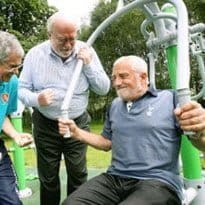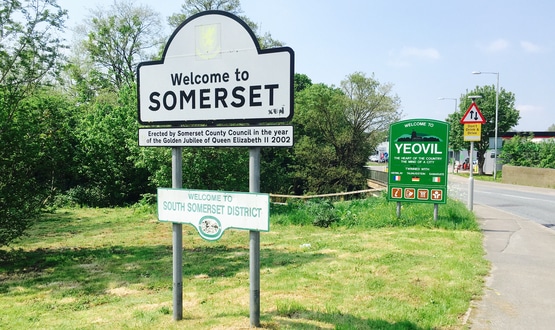Cards could link exercise and benefits
- 4 January 2013

Councils could use smartcards to link prescribed exercise packages to benefits, a think-tank report on the role of local authorities in public health has suggested.
A report from the Local Government Information Unit, a London-based organisation with a particular interest in national topics such as social care and ageing, notes that many councils already use smartcards to give residents access to leisure facilities.
It also notes that some councils have set up schemes with primary care trusts to enable GPs to ‘prescribe’ exercise programmes and suggests these should be both promoted and extended.
“The increasing use of smartcards for access to leisure facilities, for instance, provides councils with a significant amount of data on usage patterns,” it says.
“Where an exercise package is prescribed to a resident, housing and council tax payment benefits could be varied to reward or incentivise residents.”
Public health was a local authority responsibility until 1974, when it transferred to the NHS in one of the first major reforms of the health service.
Many local authorities have since argued that because most of the major determinants of health lie outside the remit of the NHS, responsibility for public health should be returned to them.
The coalition government announced that, as part of the ‘Liberating the NHS’ reforms, councils should take on responsibility for public health from April this year.
The LGiU report, which is based on round-table discussions hosted by City of Westminster council, welcomes this.
However, it notes that many of the key determinants of health – such as housing – are now in the hands of other agencies, while council budgets are under huge pressure.
As a result, it suggests that councils’ scope for action may be relatively limited; although they may be able to undertake some projects, such as using planning laws to encourage the healthy use of public space, using licensing laws to crack down on problem drinking, and promoting ‘bottom up’ demand for new initiatives.
Within this mix, the report suggests that councils should work with clinical commissioning groups and local health and wellbeing boards to encourage “the prescription of leisure activities to raise activity levels” and consider “linking welfare measures to behaviours that promote public health.”




